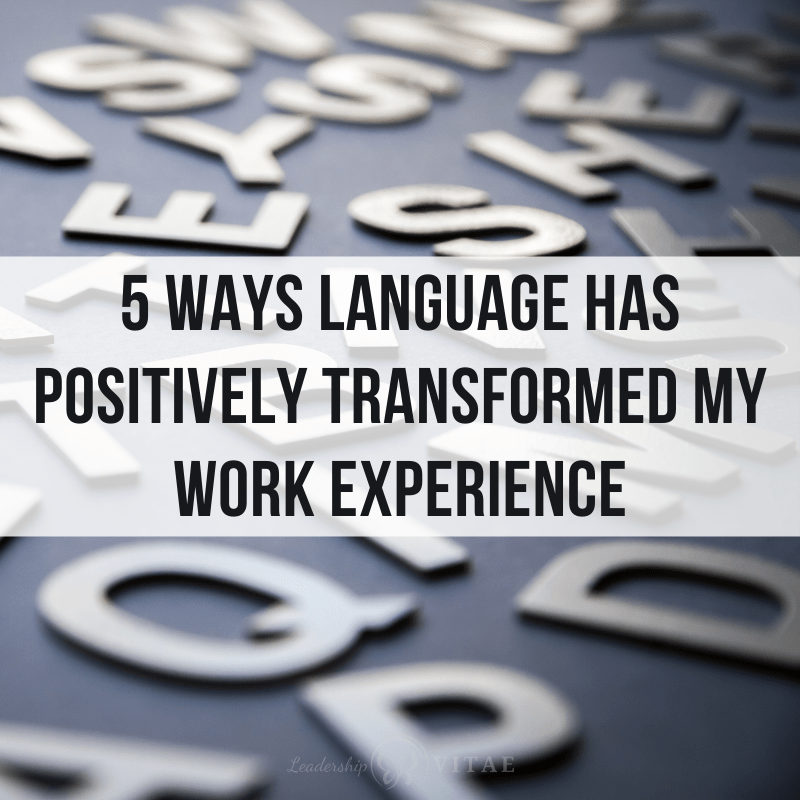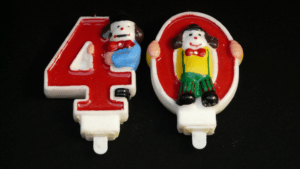
For the last century plus, there has been a focus on developing deep expertise. Universities, certifications, books, and courses all teach us how to develop particular skills in our area of choice. How to become an I (narrow and deep) in the service of an organization.
I remember early on, being pressed to figure out what I wanted to do. At first, I wanted to be an accountant, until I actually started working in the field. I started programming solutions to help manage and track the money instead, and my career in technology began.
But I didn’t stay long with software. I jumped all over the place and I loved it. Becoming a project manager, I could learn all sorts of new things. Solve new types of problems. It was fantastic.
I bounced around from project to project. Team to team. Role to role. Some might have called me a jack of all trades, master of none. Or a generalist. Neither of those fit. Nor did the “serial hobbyist” label I gave myself regarding my outside interests.
Learning is a passion. Gaining depth and expertise in a new area, a challenge. When we refuse to select a single passion, because learning means ALL the passions, we rarely fit in organizations filled with I’s and those that also build shallow breadth to become T managers.
Resurgence of multi-potentiality
Many years ago, I coined the term “Comb.” Someone with deeper skill in multiple disciplines. Unfortunately, it didn’t catch on across organizations. However, during a course back in November, I heard the term multi-potentialite for the first time.
It was life-changing.
Prior to this language, I struggled at times with having the words for how I show up in the world. For the value I bring to my work.
In a world filled with specialists and generalists, being a multi-potentialite feels different. Especially when I didn’t have language to describe it that others could receive.
It was as if I had to be this or that (specialist or generalist). When I was a third, relatively unknown value (multi-potentialite), it meant I didn’t fit. And often meant others didn’t know what to do with me.
In the world of disruption, having deeper expertise in a multitude of disciplines is a competitive advantage. Companies need to be tech and data companies, customer-centric, digital-first…on top of whatever their initial focus was.
More and more of us are rejecting the idea that we need to select one and only one passion. Once I had language and knew what to look for, I found multi-potentialites everywhere. And realized more and more companies are looking for us too.
That doesn’t mean that specialists will ever go away. Instead, the comb can connect dots across the I’s. Help teams develop more innovative solutions, pulling from a deeper understanding of each person’s expertise.
In the world of disruption, there’s room for all of us.
Our language influences our thinking.
When there isn’t language for something, we struggle to feel seen. How do I find my people if I can’t describe what I’m looking for in them? How do I ask others to accept something about me I struggle to name?
With language, we can operate with intention and consistency. Instead of each comb trying to define themselves with scarce language, we can all use the same language to differentiate the unique value, needs, and abilities of all types.
This influences how we lead, how we treat people, and ultimately how we show up. Here are 5 examples of how having a word to describe myself, what I do, and the value I bring transformed my experience in life and at work.
1. Understanding
Learning to call myself a multi-potentialite allowed for a better understanding of myself and others. Now I can more clearly communicate my skills and how they might be used. For example, I brought this language into discussions with my new manager, who immediately knew what I meant and recommended a book Range for me to read. It was a level of understanding unlike any I had experienced with a prior manager.
2. Development
As organizations look for ways to compete and disrupt, there is a shift to identifying and developing multi-potentialites. When we have a name for something, we can define what it looks like and how to achieve it. In my case, language has made it easier to advocate for myself and my development.
3. Celebration
When we have language for something, we can not only identify it, we can see the value in it and celebrate. Without language, we might view something different as a threat because it’s not understood. Moving from uncertainty to celebration can be liberating for someone that hasn’t traditionally felt seen.
4. Empathy
Once we understand the varying types, and the ways folks show up to work, we can have better empathy for every type. I better understand my struggle and why prior managers couldn’t see themselves in me or me in them. We all have different gifts and ways to help each other.
5. Belonging
With language, we can find our people and feel like we belong. When a new type is named and embraced, all types can welcome each other to the table. For me, it was difficult to find others like me without language. Now that I have it, it’s become so much easier. With language, groups can rally and build community.
Many types with common goals
While the industrial age really highlighted the need for specialization, the age of disruption has increased the need for those of us with many specialties. Whether we are an I, T, or comb, we have a lot in common.
We want to add value, be seen, and have a sense of belonging with others. As organizations move beyond a focus on I’s and T’s to finding and developing combs, there’s room for everyone at the table. Better understanding each other’s gifts and partnering for innovation will help organizations develop deep skills across verticals and compete in the age of disruption.
Are you a multi-potentialite? When you discovered the term, what other benefits did you experience in your career? Please raise your hand and share your experience in the comments.








